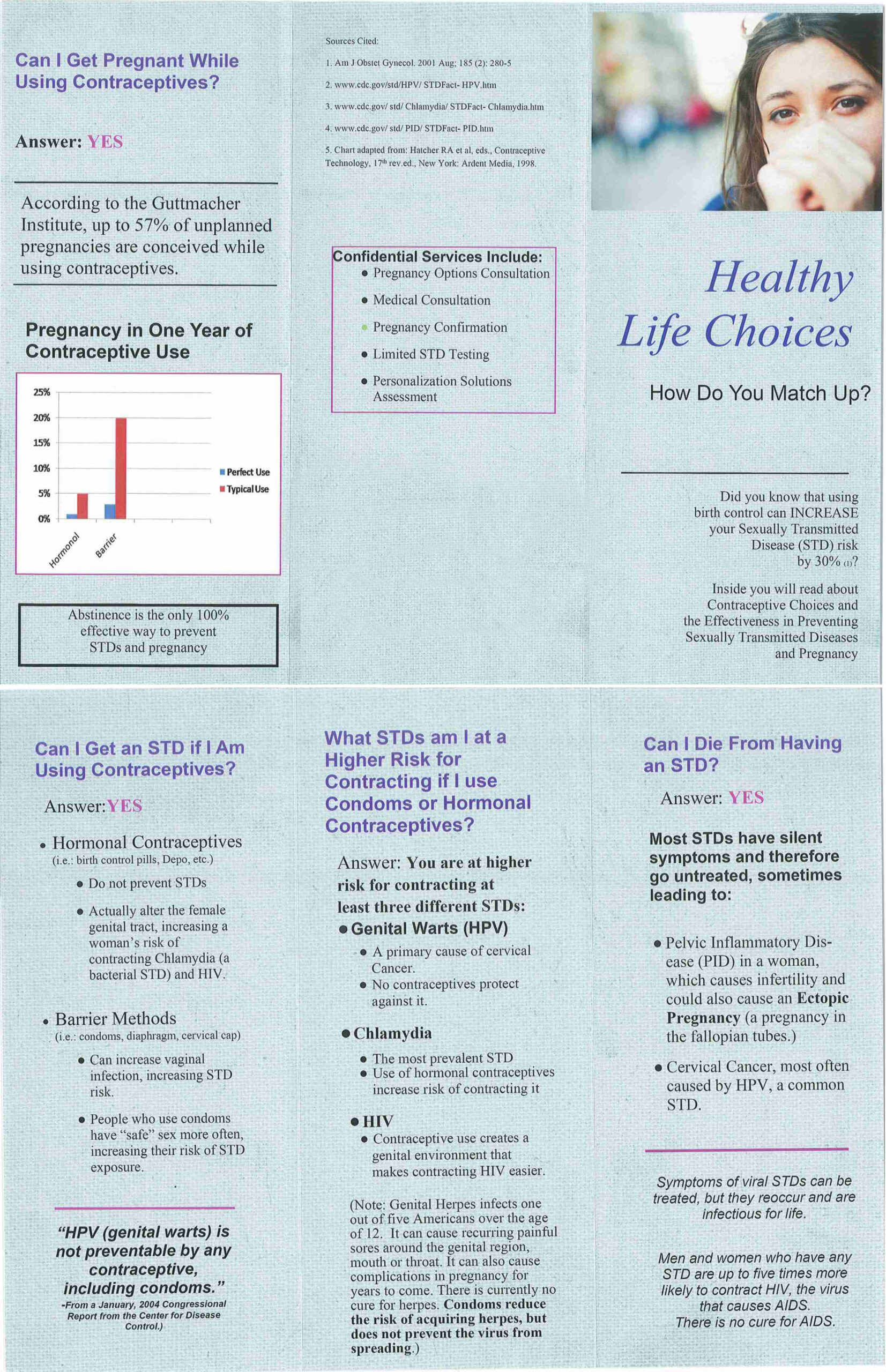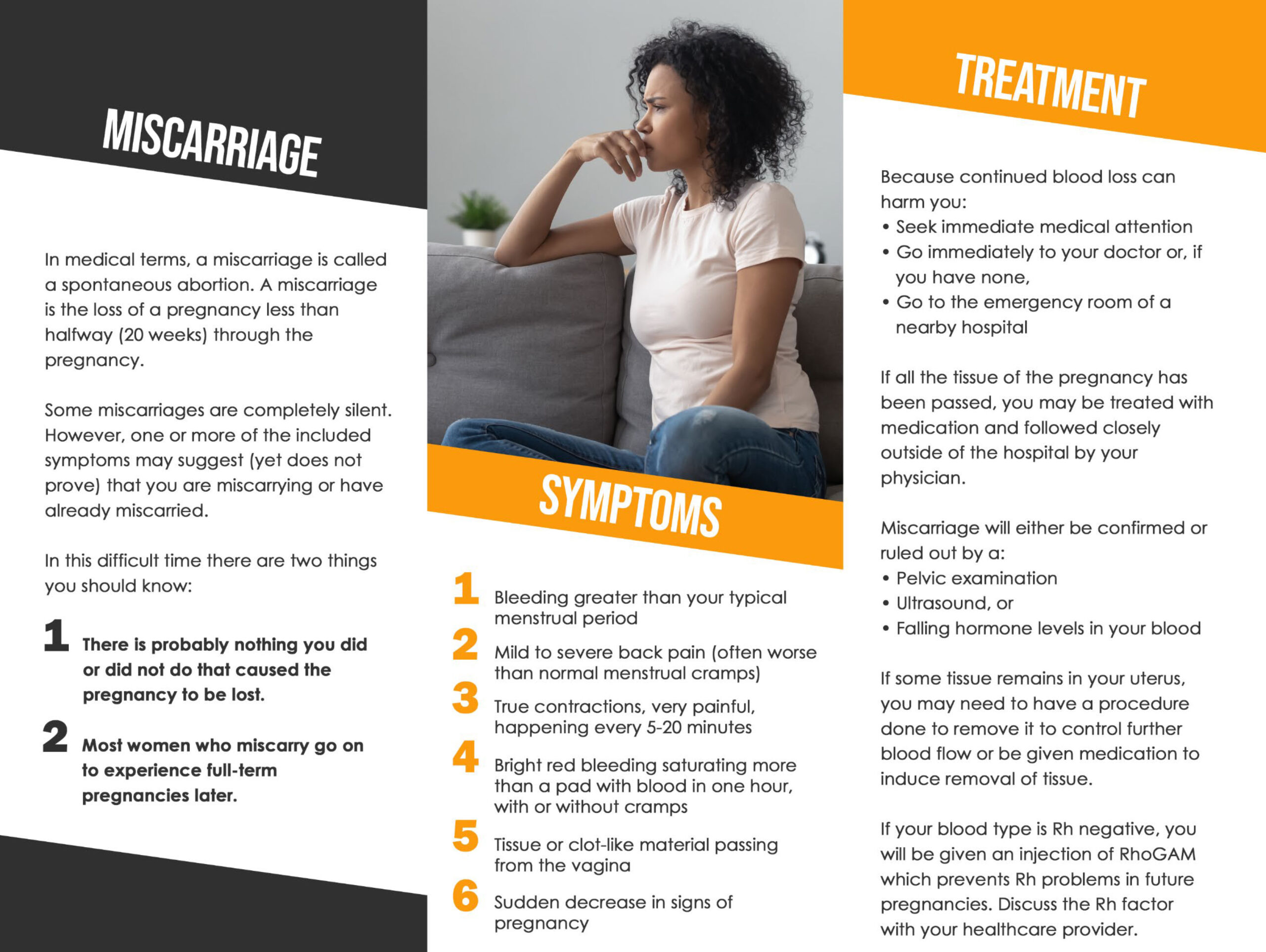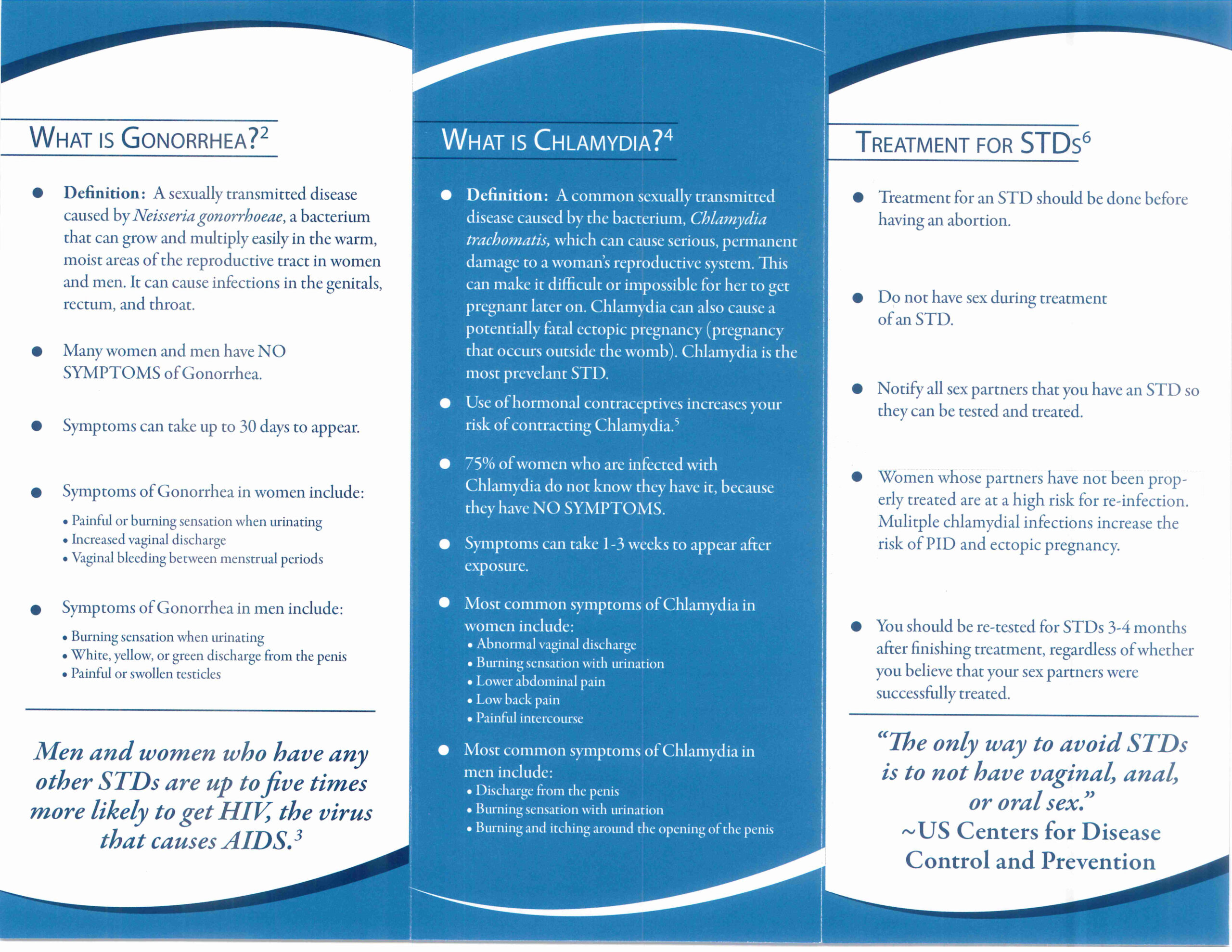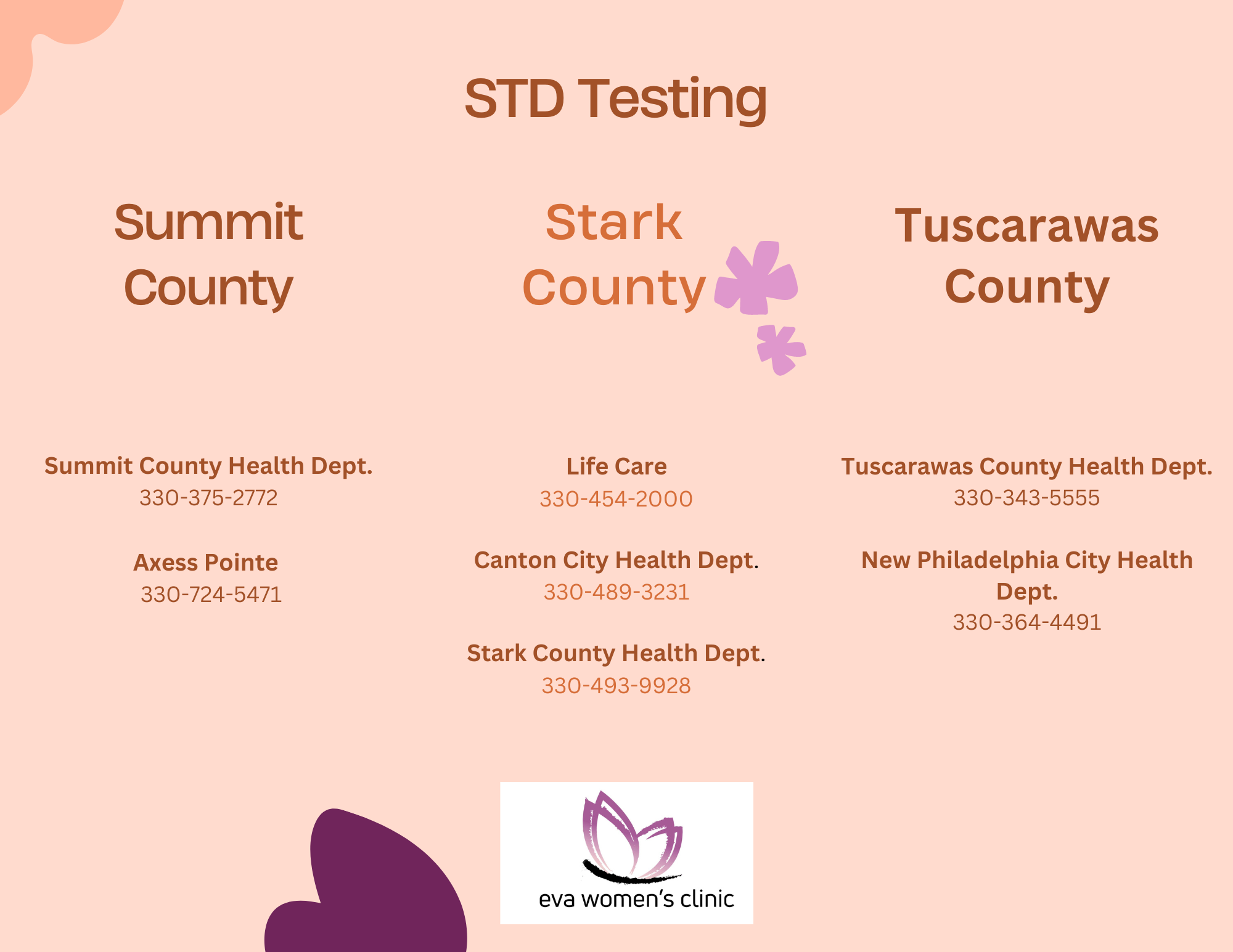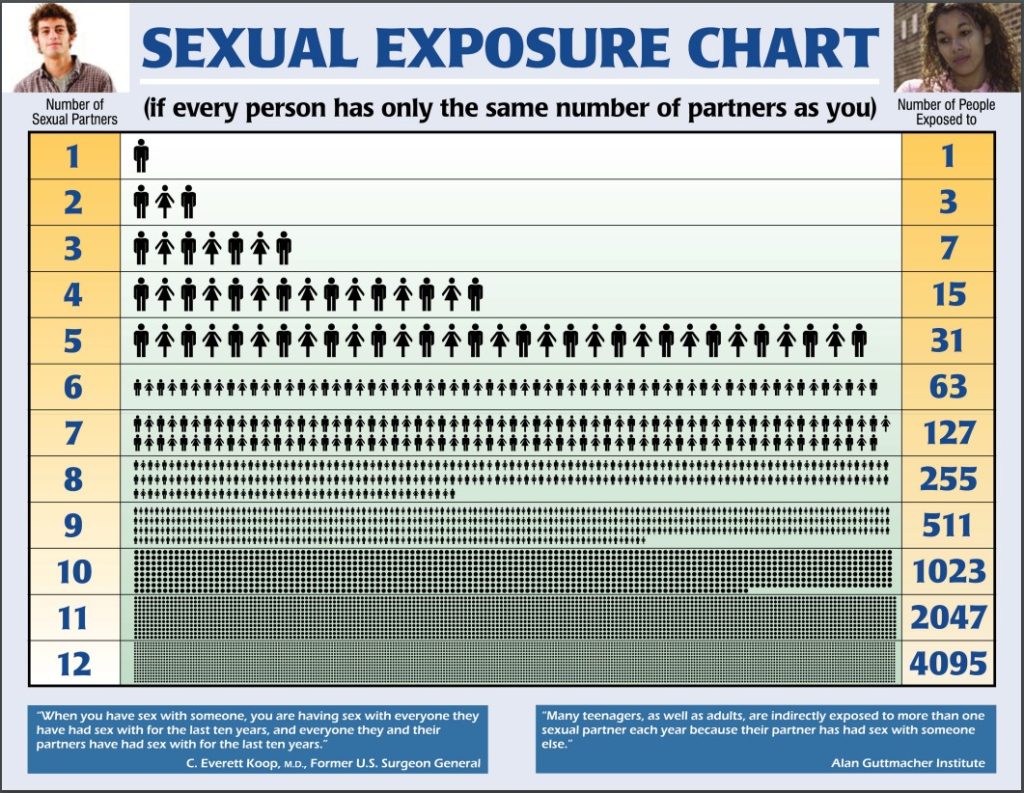Negative Test Packet
You have just taken a pregnancy test and the results are negative. You may feel relief for the moment, but then you realize that you still don’t have an answer to why you haven’t started your period. Here are a few possibilities recognized by the medical community:
- STRESS, ANOREXIA OR BULEMIA
Excess Physical or emotional stress, a very high or very low body weight or a recent substantial weight gain or loss can disrupt production of hormones and affect ovulation. If you have been under a lot of pressure lately, your body may be letting you know. Talk with someone who will listen to you and can help you to find the support you need.
- BIRTH CONTROL
Birth control such as the pill, shot, patch, implants, etc can cause your periods to be lighter or stop altogether. You need to contact your physician if you suspect this might be the cause.
- AN EARLY PREGNANCY
A pregnancy test measures HCG hormones present in your urine. These hormones are present with a pregnancy, but it takes a few weeks for the hormone level to rise to the level they can be detected with a test. This is why it is very important to avoid any alcohol or drug use, as well as other behaviors that could harm the growing fetus until you know for sure that you are not pregnant.
- BREAST FEEDING
The body can prevent ovulation (release of an egg to be fertilized) when a woman is breastfeeding.
This information is to educate you on some of the possible causes of amenorrhea (lack of menstrual period). It is not a substitute for an appointment with your physician.
YOU COULD STILL BECOME PREGNANT EVEN IF YOU ARE NOT HAVING A PERIOD
ACOG.org/Patients/FAQs/Postpartum-Birth-Control
Has anyone ever asked you “What is your blood type?” If you know your blood type, you may answer “O positive” or “A negative” or “B positive”. This is a very important question if you are pregnant, even if you have a miscarriage, an ectopic pregnancy or an elective abortion. Just as there are different major blood groups, such as type A and type B blood, there also is an “Rh factor”. The Rh factor is the type of protein found on the red blood cells. Most people have the Rh factor – they are Rh positive. Others do not have the Rh factor – they are Rh negative. Instead of saying, “I’m A, Rh negative”, we simply say, “I’m A negative”. A simple blood test can tell whether you are Rh positive or Rh negative.
The Rh factor causes problems when an Rh-negative person’s blood comes in contact with Rh-positive blood. During pregnancy, the woman and baby do not share blood systems. However, a small amount of blood from the baby (whether Rh-negative or Rh-positive) can cross the placenta into the woman’s system. These Rh-negative women become sensitized during thier first pregnancy, if the baby is Rh-positive. The mother’s body makes antibodies that attack the blood of the Rh-positive baby in subsequent pregnancies. When this happens, the antibodies break down the baby’s red blood cells, which cause anemia and/or serious illness, brain damage or even death of the baby. The initial pregnancy and each subsequent pregnancy must be treated and in most cases, the condition becomes worse in later pregnancies.
A simple blood test can identify a woman’s blood type and Rh factor. Another blood test, called an antibody screen, can show if an Rh-negative women has developed antibodies to Rh-positive blood.
Whether you plan to have an elective abortion or carry your pregnancy to term, you need to have this simple blood test done because without treatment of the antibodies in your system, if you are Rh negative, any subsequent pregnancies will be adversely affected.
Contact your healthcare provider for more information on the Rh Factor. A referral can be given to you by our staff here at the Eva Women’s Clinic.
Medical Services
Eva Women’s Clinic
Source – ACOG (American College of Obstetrics & Gynecology)

